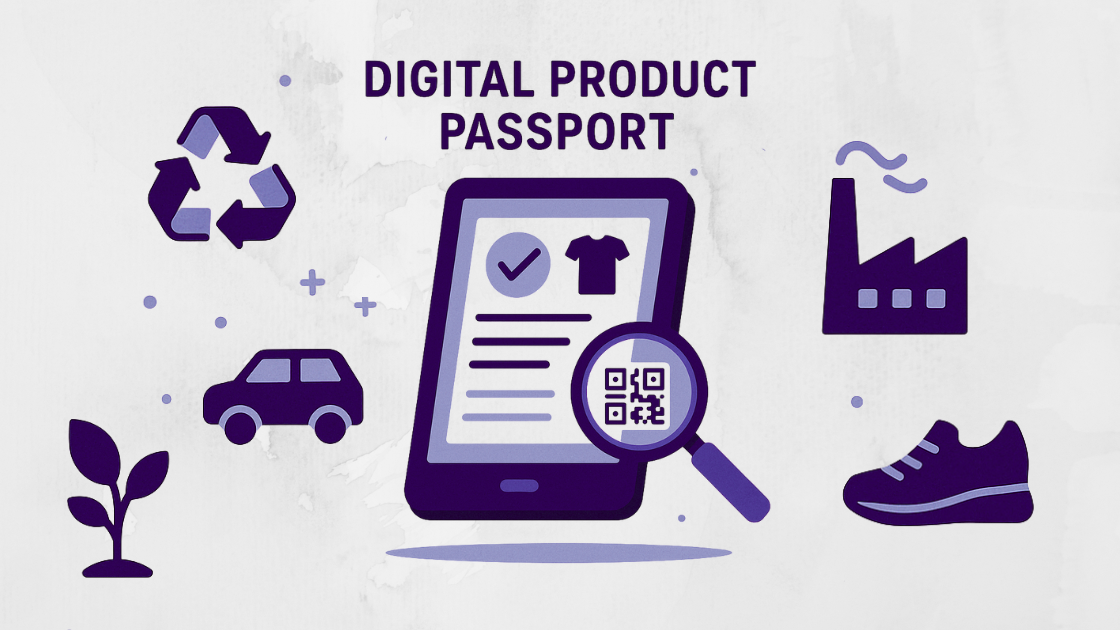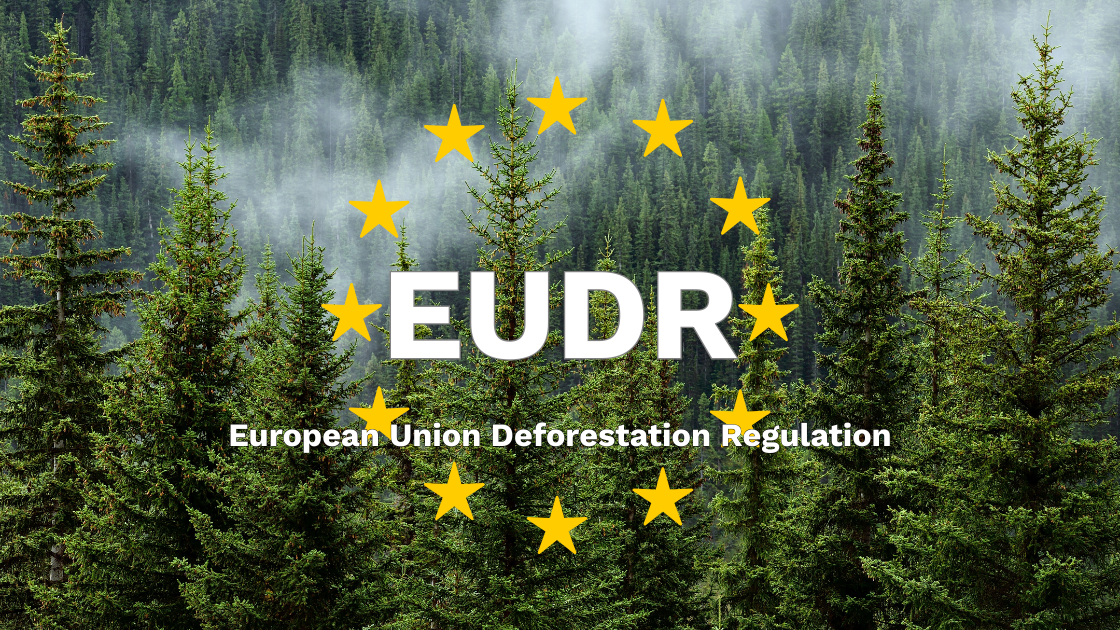EU Emissions Trading System: All citizens pay for CO2 emissions - including SMEs
Since 17 December 2022, it has been announced that all European Union residents will have to pay for their CO2 emissions. This applies to both individual residents and European companies.

This system, also known as a carbon tax, came about as part of European goals to reduce greenhouse gas emissions while strengthening the economy. Despite the fact that this measure is unlikely to come into force until 2027, the EU Emissions Trading System (ETS) has been in place for a long time and also has an impact on SMEs, also in the UK.
It is important that entrepreneurs are aware of the impact of this levy and how they can reduce their carbon emissions. Not only to help reduce greenhouse gas emissions but also to reduce their own financial burden. In this blog, you can read exactly what this new European legislation means and, not insignificantly, what it means for you as an entrepreneur.
The European Carbon Tax
The new European CO2 legislation concerns the reduction of greenhouse gas emissions by citizens and companies in the EU. Already since 2005, there has been a system in place within Europe to ensure that companies are responsible for the CO2 they emit, known as the EU Emissions Trading System (ETS). This system states that companies emitting CO2 must buy a certain number of credits. The price per credit depends on the amount of CO2 a company emits and can range from a few Eurocents to more than 10 euros. The aim is to reduce emissions by at least 55% by 2030.
So, on top of this already existing system, in 2027, it is also likely that all citizens and companies will have to start paying for their CO2 emissions through their tailpipes and smokestacks. Paying will be through energy companies or petrol stations. These will have to pay for their emission allowances and will then pass on the cost to the customer when they come to fill up, turn up the heater or turn on the lights.
International Companies
International companies, including UK firms, are also likely to be subject to the so-called Carbon Border Adjustment Mechanism (CBAM). This mechanism requires non-European companies to carbon-intensive production to pay for their CO2 emissions. In doing so, CBAM ensures that European companies are not at too great a competitive disadvantage. ''Up our market? Then according to our climate rules.''Dutch PvdA Mohammed Chahim also stated. The European Commission also reached a preliminary agreement on the CBAM last December, but this is yet to be approved by the Council of Parliament. For now, the entry into force of the CBAM is expected to be in October 2023.The primary purpose of this mechanism is to prevent carbon leakage and encourage partner countries also to adopt carbon pricing policies.
What does this mean for companies?
For European companies, this means they will face additional costs for their CO2 emissions. These costs depend on their emissions. In this way, they will probably feel the need to adjust their processes or take other measures to reduce their emissions. SMEs in particular will feel a big impact from this charge compared to larger companies. This is because SMEs often have fewer resources available to invest in green technologies and renewable energy sources. As a result, they are more likely to face additional costs due to the carbon tax. As a result, they will be forced to modify their processes or take other measures to reduce their emissions. Also, these entrepreneurs generally have less knowledge of the legislation and rules surrounding CO2 emissions than larger companies. This can make it more difficult for entrepreneurs to follow these rules and understand the costs.
However, it is important to emphasise that the European Union aims to support SMEs in adapting to the carbon tax as well. There will likely be funds available to help entrepreneurs reduce their emissions. This could include grants for green technologies, training and advice. Despite the fact that 2027 still seems far away now, it is certainly useful to take the necessary measures in advance.
As for CBAM, the UK will not be left untouched. For example, as the EU is the UK's main trading partner in carbon-intensive goods, CBAM is likely to have a major impact on UK companies. About a third of the total value of all UK goods exported to the EU could be affected. It may seem far away, but you as a non-EU entrepreneur may have to deal with the new legislation. On the one hand, because your company falls under the scope of the EU, and on the other, because you do business with a company that has to comply with the standards. Measuring your CO2 emissions is also important and can bring many benefits.
What steps can I take as an SME?
There are several actions you can take as an entrepreneur to reduce your energy consumption. The first step is to measure your CO2 emissions. For this, our CO2 Calculator is a handy, low-threshold tool that calculates your emissions with minimal input, provides insight and then gives concrete reduction advice. Then, as an entrepreneur, you can take energy-saving measures, such as making production processes more efficient and replacing outdated technology with more energy-efficient models. Investments can also be made in renewable energy sources, such as wind and solar power. In addition, you can offset the impact of your CO2 emissions by contributing to initiatives such as planting trees or sponsoring nature protection projects. Read more about CO2 offsetting in this blog.
Contribution to your Image
Despite the fact that the CO2 tax will not go into effect immediately, it is certainly already valuable for you as a business owner to do CO2 emission reduction now. After all, reducing CO2 will not go unnoticed. Nowadays, more than 50% of large companies look at sustainability when making purchasing decisions, for instance, and a third of consumers say they are willing to pay more for sustainable services and products. So reducing your carbon emissions will keep you one step ahead of your competitors.
Eevery's sustainability and improvement platform helps SMEs to reduce their CO2 emissions by providing real-time data and insights that help entrepreneurs improve their energy efficiency.
More tips on sustainability and sustainable business? Subscribe now and read the latest news for SMEs on ESG and sustainability now.



